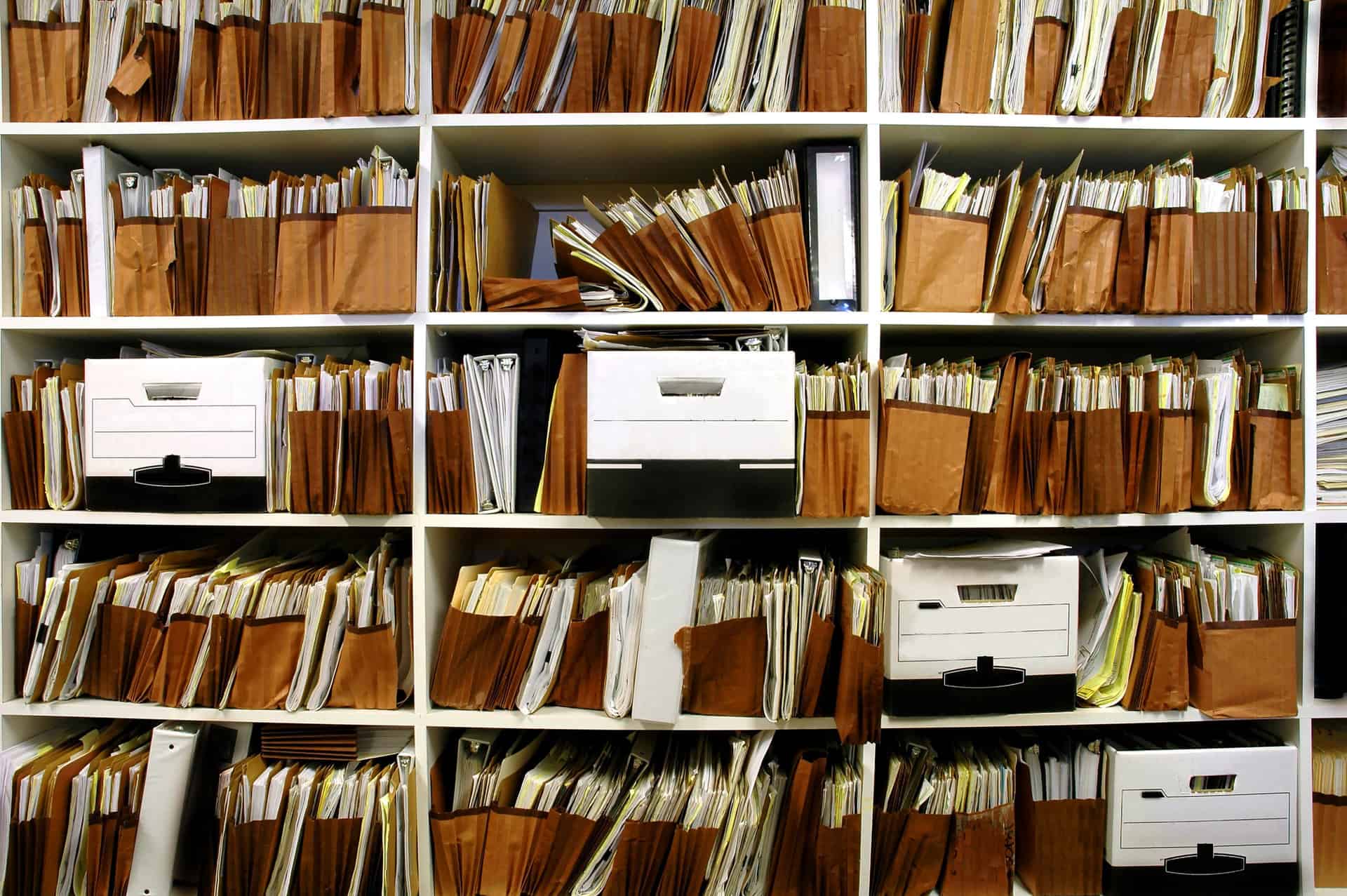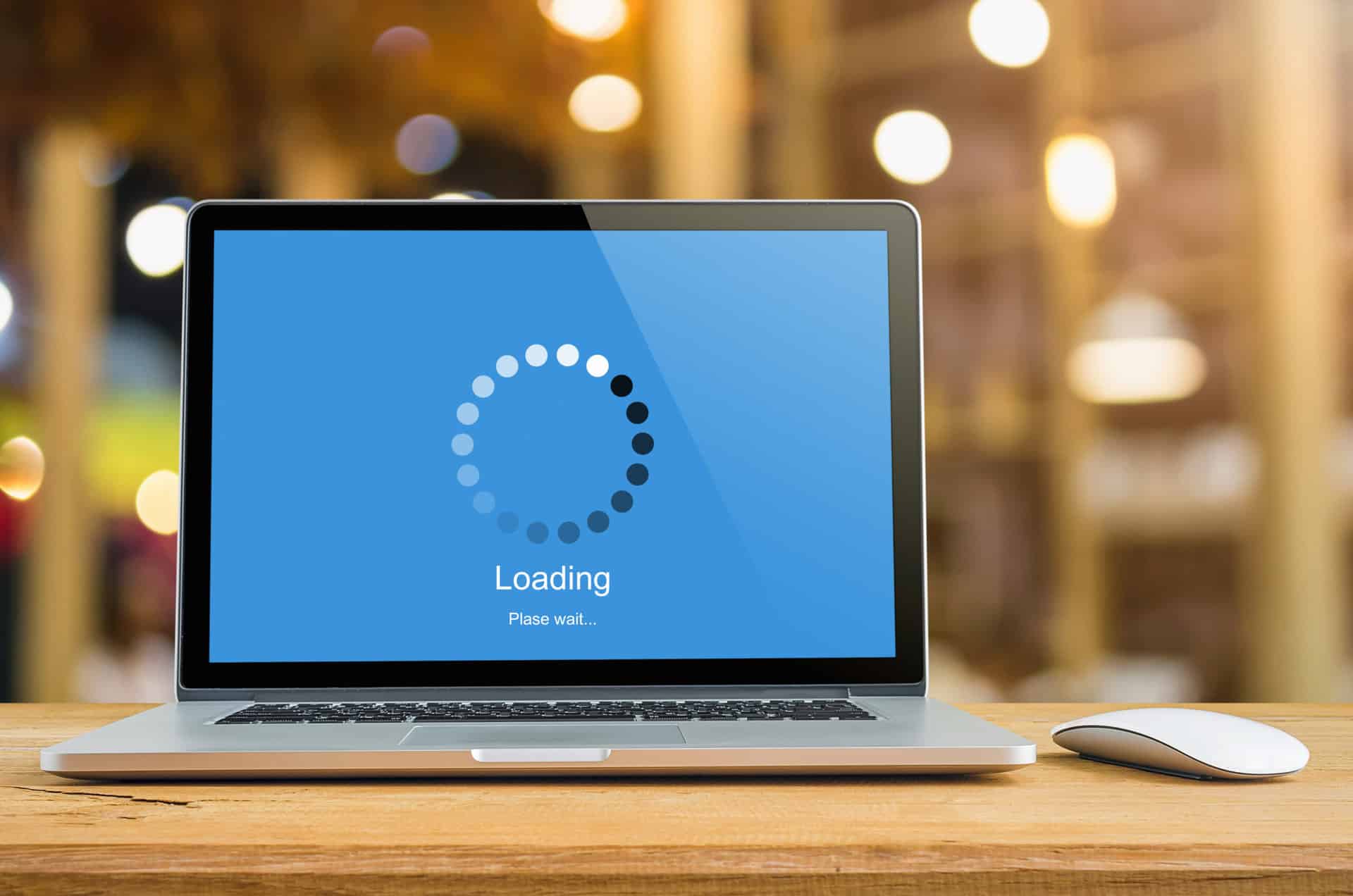
Understanding Website Crawlability and Troubleshooting Common Crawlability Issues

If you rely on your website to sell your products and services, you already know how much work goes into creating one. On top of the website itself, you need professional photographs and videos, high-quality written content, and plenty of internal and external links to build your reputation. Another benefit to having links on your page is to allow search engine robots to “crawl” them for information and index them. In fact, crawlability is an essential part of building your website. Here we cover exactly what crawlability is and how you can overcome common crawlability issues.
What Is Website Crawlability?

“Crawlability” refers to how well search engines can interpret the content on your website. They do this by sending an automatic web crawler to follow links to determine where they lead and scan the content on each page, then indexing the page based on the crawler’s findings. The more crawlable your site is, the easier it is for the web crawlers to index it and improve your rankings on search engine results pages.
Web crawlers are always searching crawlable links and will come through your website at regular intervals, so it is a good idea to refresh your content and fix any crawlability issues from time to time. Remember that content is the “meat” of your company. It should be well-written and easy to read, and have impeccable SEO optimization.
What Are Common Crawlability Issues To Avoid?

While creating crawlable links seems easy enough, the reality is that many problems can occur. Understanding crawlability problems and how to fix them is essential for ensuring you’re reaching the top of search engine results pages.
Issues in Your Meta Tags
If you use a meta tag that looks like the code below, it prevents crawling robots from even looking at the content on your page and causes them to move on instead. This means you won’t show up in search engine results pages at all.
<meta name=”robots” content=”noindex”>
You might have another type of coding that looks like the following:
<meta name=”robots” content=”nofollow”>
When this happens, a website crawler can index your page’s content, but it won’t be able to follow any of your links. This can also happen to single links on your website. In this case, you’ll find this type of code:
<href=”pagename.html” rel=”nofollow”/>
Finally, you may be blocking robots from crawling your website with the robots.txt file. This is the first file web crawlers look at. If you have the following code in your file, it means your pages are blocked from indexing.
User-agent: *
Disallow: /
While this means the whole page cannot be crawled, similar code with something such as “services” means that only your services page cannot be crawled. By removing these pieces of code, you help ensure your website can climb the search engine rankings.
Need Help With Your SEO Strategy?
It’s no secret that SEO is time consuming. To win rankings you need to make sure your site is consistently updated and managed. We can help increase your bandwidth with SEO-optimized content and blog management services.
Sitemap Issues
It’s a good idea to have an XML sitemap in your website’s footer section to make it easier for people to find what they need on your website. However, it’s essential that you keep the links in the sitemap up to date. When the links direct to missing or outdated pages, it not only confuses human readers but confuses the search engine bots as well.
If a web crawler gets confused, it keeps the search engine from indexing your web pages. A good website will have a frequently updated sitemap that has the same domain and subdomain names and has less than 50,000 URLs.
Duplicate Pages

One big confusion for web crawlers is coming across duplicate pages. What you might not realize is that people can enter your webpage address in two different ways. They can type it with the “www” at the beginning or without it. These links will lead to the same page; however, the bots don’t know which version of your address to crawl through and index.
Bots also only spend a certain amount of time on each website. If they scan through two of the same page, they’re identifying identical content and not spending as much time on your more important pages. Luckily, there is a solution to these kinds of crawlability issues. You can apply URL canonization via a bit of code:
“rel= Canonical”
When you add this to your header, it ensures the bots only crawl the information that you need them to see.
Consider, too, whether you’ve used the same large chunks of content on multiple pages on your website. If you have, rework the content to be unique. This improves crawlability and placement on search engine results pages.
Using JavaScript Links
If your website uses a lot of JavaScript, especially in the links, it’s likely much slower and harder for web crawlers to navigate. For JavaScript-heavy site, you need to be sure it uses server-side rendering. If it has client-side rendering, search engines won’t be able to crawl it properly. CSR is resource-intensive and slows down the website, which causes bots not to crawl it regularly.
An example of this problem is Shopify-based websites that use JavaScript apps for product listings. Search engines can’t crawl URLs and give them value when they have to run JavaScript. Server-side rendering is a better idea for fast-paced e-commerce websites that add or take away stock daily.
Slow Page Loading Speed

Web crawlers don’t have a lot of time to spend on each website when there are billions they need to look at. This means your website’s speed needs to be up to par. If it doesn’t load within a specific time frame, the bots will leave your site and lower your results on the search engine results pages.
You can use Google’s tools to check your website’s speed on occasion. If it is running slow, find the root of the problem and repair it. Common causes of slow loading speeds include too much CSS, JavaScript, and HTML code. It is also helpful to eliminate or reduce redirects.
Broken Internal Links
Broken links are some of the most common crawlability issues and can happen on almost any website. A variety of types of broken links can cause crawlability problems. One of the biggest is a mistyped URL in an image, text, or form link.
Outdated URLs are another big problem. If you recently migrated your website, deleted a bunch of content, or changed the structure of your URLs, double-check all of your links. This ensures they’re all pointing to the correct pages and not hindering your website’s crawlability.
Finally, if you have pages that are only accessible by registered users, mark these links as nofollows. Too many pages with denied access will cause the web robots not to come to your page as regularly.
Server-Related Problems
Several server-related problems could cause problems for your crawlable links. The most significant are server errors. These “5xx errors” require your website’s development team to fix. Provide a list of the pages with errors to the person handling your website’s back end to have them fix the errors.
Another problem is limited server capacity. When your server becomes overloaded, it stops responding to requests from both human users and bots. If your visitors complain of receiving “connection timed out” errors, this is the likely culprit. Your web maintenance specialist will need to determine if you need to raise your server capacity and by how much. Then they will need to check crawlability again to ensure that resolved all the issues.
Fix Your Crawlability Issues and Rise in SERP Rankings
From refreshing your page’s content to ensuring your website’s bells and whistles aren’t slowing it down, there is a lot you can do to increase your website’s crawlability, fix any crawlability issues, and rise on the search engine results pages. Contact BKA Content to learn how we can help!
- How Much Does Content Marketing Typically Cost? - May 8, 2024
- Is SEO Worth It for a Small Business? - May 3, 2024
- Will Google Penalize AI Content? - May 2, 2024

